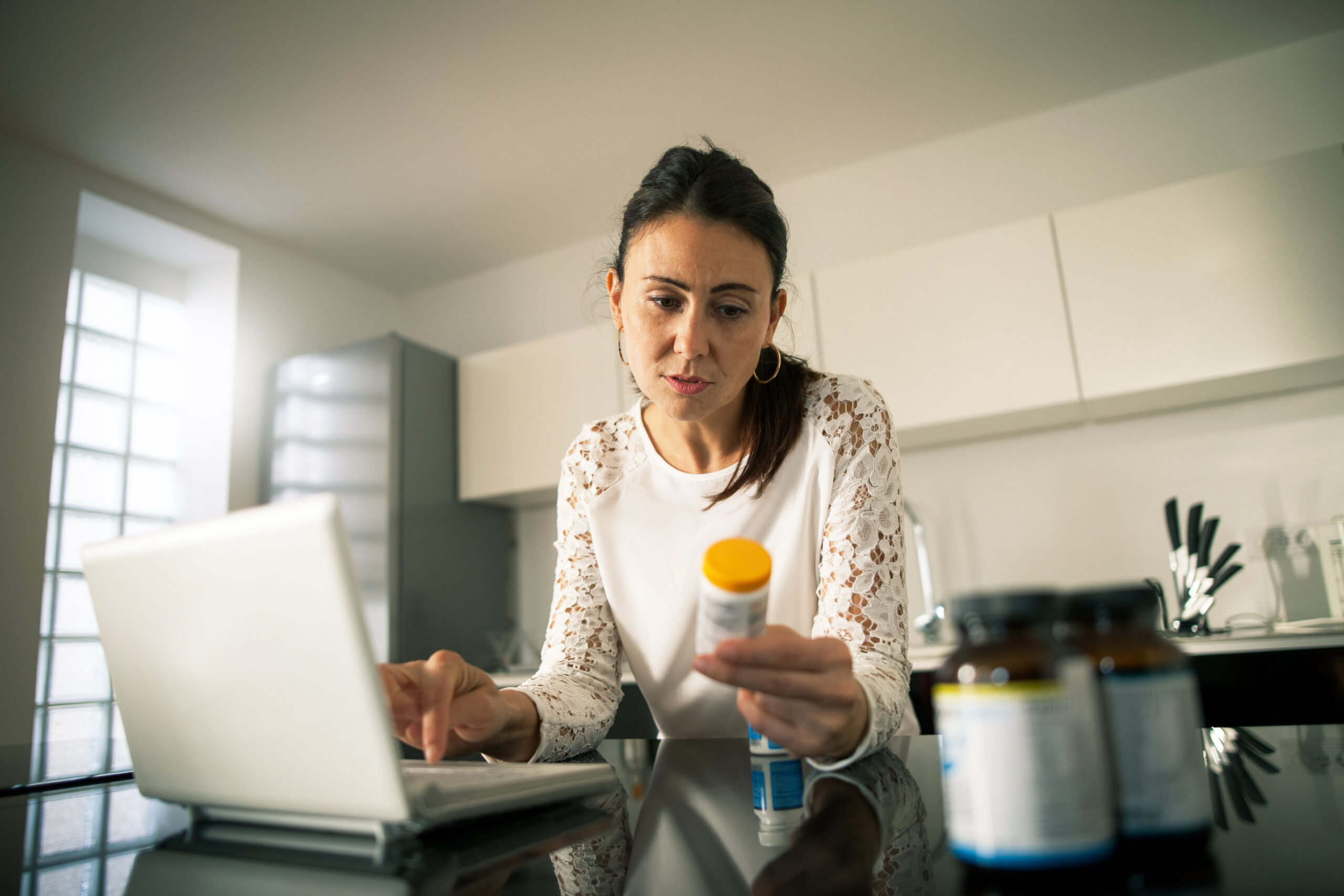© 2024 CSRXP- All Rights Reserved

SECOND OPINION: PHARMA-BACKED REBATE RULE WOULD INCREASE OOP COSTS AND PREMIUMS FOR SENIORS — DO NOTHING TO LOWER RX PRICES
Oct 5, 2020
Big Pharma Claims Misguided Proposal Would Benefit Patients, Facts Show It Would Hand Drug Companies a More Than $100 Billion Bailout
During a recent POLITICO webinar “Solving America’s Drug Pricing Puzzle,” Kristen Bernie, Deputy Vice President of Policy and Research for PhRMA, claimed the misguided Rebate Rule would benefit American patients. “I would argue that the executive order to push through negotiated rebates and discounts to patients at the pharmacy counter would meaningfully lower costs for patients,” Bernie said.
But the truth is the Rebate Rule would actually increase out-of-pocket costs for Medicare Part D beneficiaries:
- Increase Out-Of-Pocket Costs For Medicare Part D Beneficiaries: While there is widespread agreement the Rebate Rule would increase premiums, there is also the potential it would actually also increase out-of-pocket costs. In fact, analysts at Avalere Health found the Rebate Rule could increase out-of-pocket costs for Medicare Part D beneficiaries by as much as $36.5 billion. (Avalere Health, Costs for Taxpayers Could Skyrocket Under Proposed Rebate Rule, 4/8/19)
While doing nothing to lower out-of-control prescription drug prices:
- Do Nothing To Lower Out-Of-Control Prescription Drug Prices: Government actuaries predict drug manufacturers will keep at least 15 percent of what they would have offered in rebates, in order to offset their increased share of covering the Medicare Part D “donut hole” as outlined in the Bipartisan Budget Act of 2018. Further, actuaries forecast drug prices increasing before finally leveling off, but do not foresee prices decreasing. (Center For Medicare & Medicaid Services Office Of The Actuary, Memo On Proposed Safe Harbor Regulation, 1/31/19)
Increasing Medicare Part D premiums:
- Increase Premiums On American Seniors And Patients With Disabilities By Between 25 and 40 Percent: Analysts at the Congressional Budget Office (CBO), Centers for Medicare and Medicaid Services (CMS) and Avalere Health all agree that under the Rebate Rule, Medicare Part D premiums would increase between 25 and 40 percent. (Center For Medicare & Medicaid Services Office Of The Actuary, Memo On Proposed Safe Harbor Regulation, 1/31/19; Congressional Budget Office, Incorporating The Effects Of The Proposed Rule On Safe Harbors For Pharmaceutical Rebates In CBO’s Budget Projections, 5/2/19; Avalere Health, Costs for Taxpayers Could Skyrocket Under Proposed Rebate Rule, 4/8/19)
And putting taxpayers on the hook for at least $200 billion in increased spending:
- Cost American Taxpayers Between $200 Billion and $400 Billion Dollars: Analysts at the CBO, CMS and Avalere Health all agree the proposed rule would come at a tremendous cost to American taxpayers, with a price tag ranging from nearly $200 billion to more than $400 billion from 2020 to 2029, making it one of the most expensive regulations in U.S. history. (Center For Medicare & Medicaid Services Office Of The Actuary, Memo On Proposed Safe Harbor Regulation, 1/31/19; Congressional Budget Office, Incorporating The Effects Of The Proposed Rule On Safe Harbors For Pharmaceutical Rebates In CBO’s Budget Projections, 5/2/19; Avalere Health, Costs for Taxpayers Could Skyrocket Under Proposed Rebate Rule, 4/8/19)
As Juliette Cubanski, Deputy Director of the Program on Medicare Policy for the Kaiser Family Foundation noted during the webinar: “[The Rebate Rule] would have had a dramatic effect in terms of increasing Medicare spending. So that’s not really where we want to go in terms of lowering drug costs for some people on the one hand but dramatically increasing Medicare spending and increasing Medicare Part D premiums for the vast majority of enrollees. That solution didn’t seem to make a lot of sense at the time and it’s interesting to see it being resurrected now.”
So why does PhRMA support the Rebate Rule and want it enacted? The Rebate Rule is a key component of Big Pharma’s blame game to evade responsibility for out-of-control drug prices, would eliminate a key negotiating step that serves as the only real check on the pharmaceutical industry’s unilateral control over prices and would hand the industry a more than $100 billion bailout.
- Hand Big Pharma A $137 Billion Bailout – Rewarding Drug Companies’ Price Hikes And Anti-Competitive Tactics: Government analysis finds that under the rule, Big Pharma will keep the dollars they currently pay in rebates and use the rule as an opportunity to line their own pockets with an increased $137 billion in overall drug spending – a bailout rewarding their anti-competitive and price-gouging behavior — at a time when the industry is already receiving billions of dollars in support for research and development of COVID-19 treatments and vaccines. (Center For Medicare & Medicaid Services Office Of The Actuary, Memo On Proposed Safe Harbor Regulation, 1/31/19)
Big Pharma must be held accountable for the industry’s price-gouging and anti-competitive tactics, including hikingprescription drug prices at the height of the pandemic — not handed a massive bailout. The administration should withdraw the misguided Rebate Rule, now.
Learn more about the misguided Rebate Rule HERE.
Read more on market-based solutions to hold Big Pharma accountable and lower prescription drug prices HERE.
